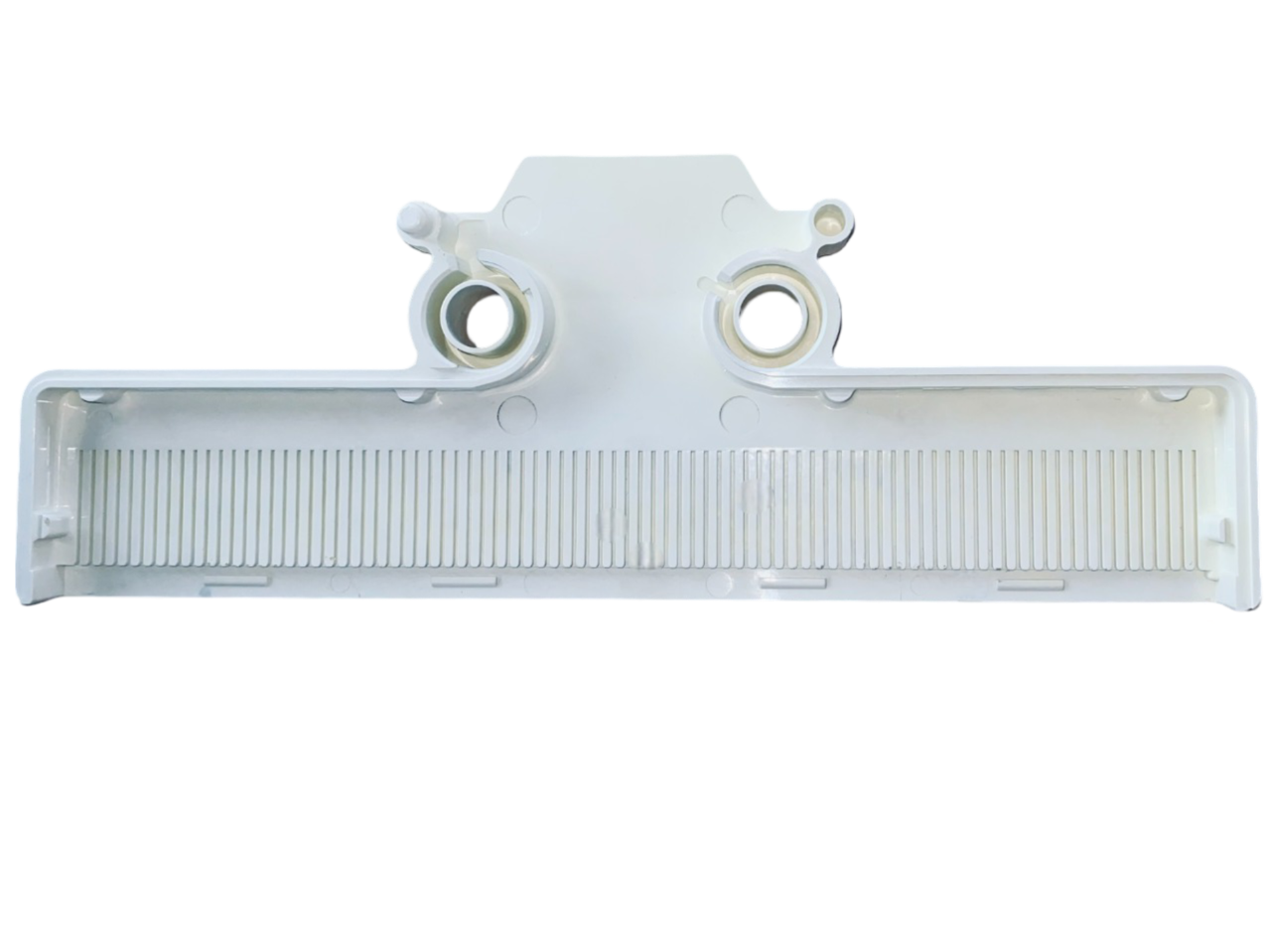Thermoset Injection Mold
Thermoset injection is a manufacturing process used to transform thermosetting materials into finished parts. Unlike thermoplastics, thermosetting materials cure irreversibly when exposed to heat and pressure, forming robust chemical bonds. This process is commonly used in applications requiring high mechanical and thermal properties, such as the automotive, electronics, and industrial equipment industries.
Material Preparation:
Thermosetting materials like phenolic compounds, epoxy resins, and bulk molding compounds (BMC) are prepared in pellet, powder, or preform form. The material is introduced into the injection press, where it is heated to a high temperature to make it viscous but not yet cross-linked.
Material Injection:
The molten material is injected under high pressure into the mold cavity through a nozzle and manifold system. The injection channels ensure homogeneous material distribution in the cavities. The filling phase must be rapid to ensure the material reaches all parts of the cavity before cross-linking begins.
Heating and Curing:
Heating elements integrated into the mold plates maintain a constant high temperature (usually between 150°C and 200°C) to initiate and complete the chemical cross-linking process. Holding pressure is applied to compensate for material contraction and avoid voids and deformations.
Cooling and Ejection:
After curing, the mold is cooled to solidify the part. Water or air cooling systems are often used to reduce cycle times, calculated to maintain a stable mold temperature with flow rates from 1 to 5 L/min depending on the mold size. Ejectors are strategically placed to ensure uniform ejection and avoid deformations.
Thermoset Injection Advantages:
Excellent Mechanical Properties: Thermosetting parts offer high tensile, compressive, and impact resistance.
Dimensional Stability: Thermosettings maintain their dimensions under varying temperature and humidity conditions.
Heat Resistance: Capable of withstanding high temperatures without deforming or losing mechanical properties.
Electrical Properties: Excellent electrical insulation, ideal for applications in electronics and electrical industries.

Plastic Injection Mold
Plastic Injection Molds are the main tools for creating plastic parts. They are the most widely used mold category in the plastics industry to produce parts ranging from small to large series.
Learn moreCompression Mold
NOCENTE has extensive technical expertise in compression molds used for the production of parts made from composite materials, rubber, or silicone. The material is placed into the mold cavity before being compressed under pressure.
Learn more